Ask AI on The Internet
Question: define each of the terms: Economics, economic system, traditional economy, market economy, marketplace, produce, command economy, mixed economy, scarcity, factors of production, land, natural resource, labor, human resource, productivity, capital, entrepreneurship
Certainly! Here are the definitions of each term: **Economics:** Economics is the social science that studies how individuals, businesses, governments, and societies make choices about how to allocate limited resources to satisfy unlimited wants and needs. It involves analyzing the production, distribution, and consumption of goods and services. **Economic System:** An economic system is the organized way a society allocates resources and distributes goods and services across the population. It includes the laws, institutions, and mechanisms that determine economic activity. The main types of economic systems are traditional, command, market, and mixed economies. **Traditional Economy:** A traditional economy is an economic system in which customs, traditions, and beliefs shape the goods and services produced and the rules for their distribution. It typically relies on agriculture, hunting, fishing, and barter trade and is often found in rural or tribal communities. **Market Economy:** A market economy is an economic system where supply and demand guide the production of goods and services. Prices are determined in a free price system, and resources are allocated through decentralized decision-making by individuals and businesses with minimal government intervention. **Marketplace:** A marketplace is any physical or virtual space where buyers and sellers meet to exchange goods, services, and information. It can range from a local farmers' market to an online platform like Amazon. **Produce:** In economic terms, produce refers to goods and services that are created through the combination of various factors of production. It can also specifically refer to agricultural products, such as fruits, vegetables, and grains. **Command Economy:** A command economy, also known as a planned economy, is an economic system where the government or a central authority makes all decisions about the production and distribution of goods and services. The state determines what to produce, how to produce it, and who receives the goods. **Mixed Economy:** A mixed economy is an economic system that combines elements of both market and command economies. It incorporates free-market principles with some government intervention to correct market failures and ensure a degree of social welfare. **Scarcity:** Scarcity refers to the fundamental economic problem of having limited resources to meet unlimited wants and needs. It forces individuals and societies to make choices about how to allocate resources efficiently. **Factors of Production:** Factors of production are the resources used to create goods and services. They are typically divided into four categories: land, labor, capital, and entrepreneurship. **Land:** In economic terms, land refers to all natural resources used in the production of goods and services. This includes not only physical land but also minerals, water, forests, and other natural assets. **Natural Resource:** A natural resource is a material found in nature that can be used for economic gain, such as minerals, forests, water, and arable land. **Labor:** Labor is the human effort, both physical and mental, used in the production process. It includes the work performed by employees, workers, and artisans. **Human Resource:** Human resource (HR) refers to the people who make up the workforce of an organization or economy, including their skills, knowledge, and abilities. It also relates to HR management practices aimed at optimizing workforce productivity. **Productivity:** Productivity measures the efficiency of production. It is typically expressed as the ratio of output (goods and services) produced to the input (labor, capital, land) used in the production process. **Capital:** Capital refers to the tools, machinery, buildings, and equipment used in the production of goods and services. It also includes financial capital like money needed for investment in business operations. **Entrepreneurship:** Entrepreneurship is the process of starting and running new businesses, taking on financial risks in the hopes of profit. Entrepreneurs use their initiative, skills, and innovation to create and manage business ventures. These definitions provide a basic understanding of key economic concepts and terminology.
Think your answer is better than the AI's? Post it below.
Other Most Relevant Posts:
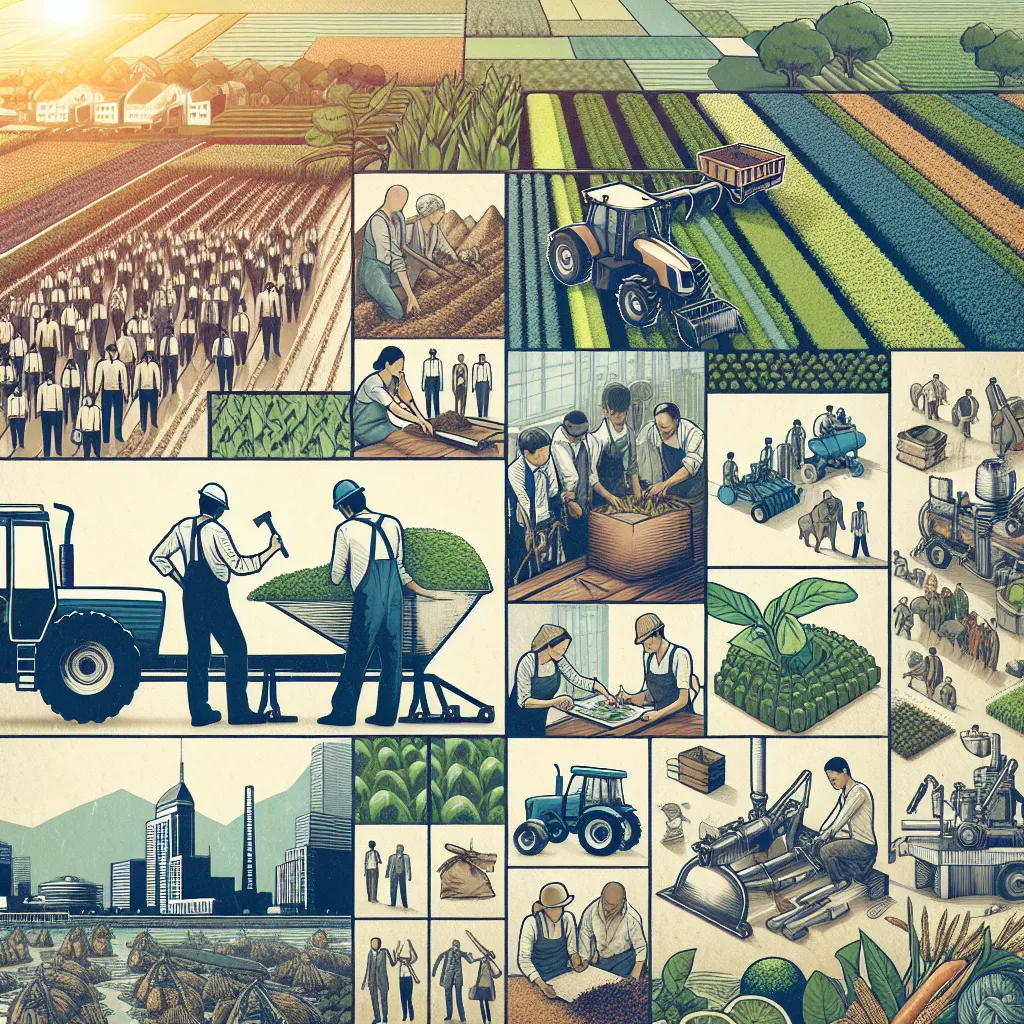 1. **Needs**: Essential requirements for survival
2. **Wants**: Desires for non-essential goods or services
3. **Economic Wants**: Specific desires that require limited resources
4. **Non-Economi
1. **Needs**: Essential requirements for survival
2. **Wants**: Desires for non-essential goods or services
3. **Economic Wants**: Specific desires that require limited resources
4. **Non-Economi
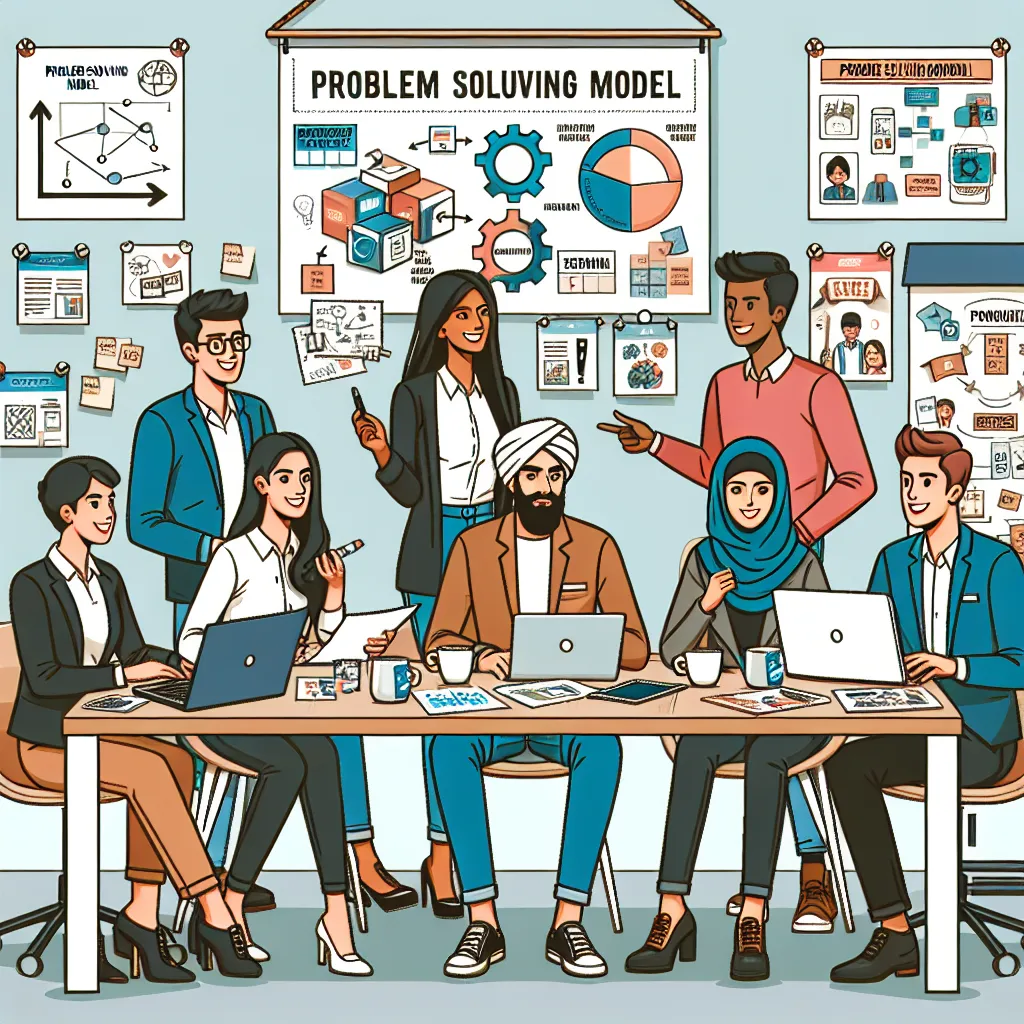 1. Entrepreneurs: Risk-taking Innovators Driving Market Changes.
2. Entrepreneurship: Innovating Businesses with Risk-taking and Opportunities.
3. Employees: Contributors to Business Productivity
1. Entrepreneurs: Risk-taking Innovators Driving Market Changes.
2. Entrepreneurship: Innovating Businesses with Risk-taking and Opportunities.
3. Employees: Contributors to Business Productivity
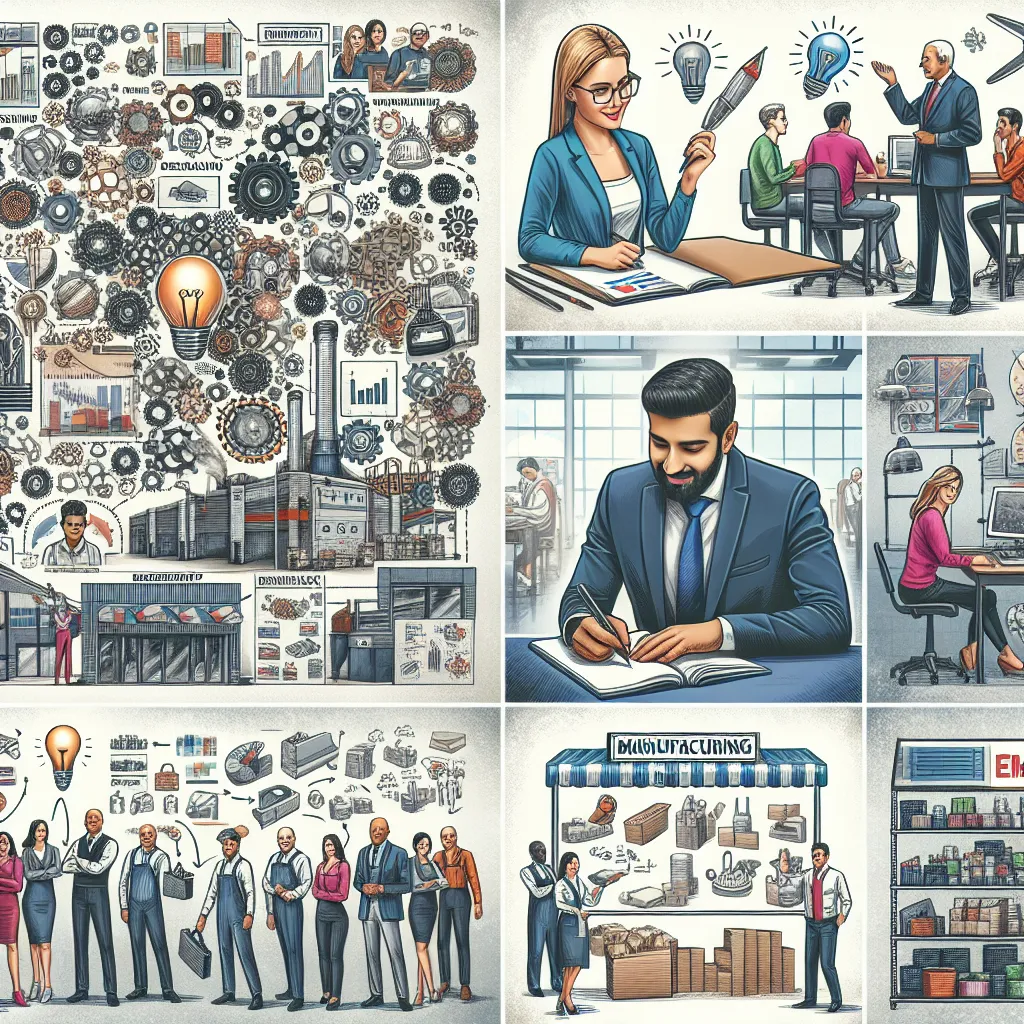 Definitions for Listed Terms: Entrepreneurs, Entrepreneurship, Employees, Manufacturing, Wholesaling, Retailing, Service, Self-assessment, Aptitude, Opportunities, Ideas, Trade Shows, Problem Sol
Definitions for Listed Terms: Entrepreneurs, Entrepreneurship, Employees, Manufacturing, Wholesaling, Retailing, Service, Self-assessment, Aptitude, Opportunities, Ideas, Trade Shows, Problem Sol
Question Tags
If you want your question answered by an AI, click here.
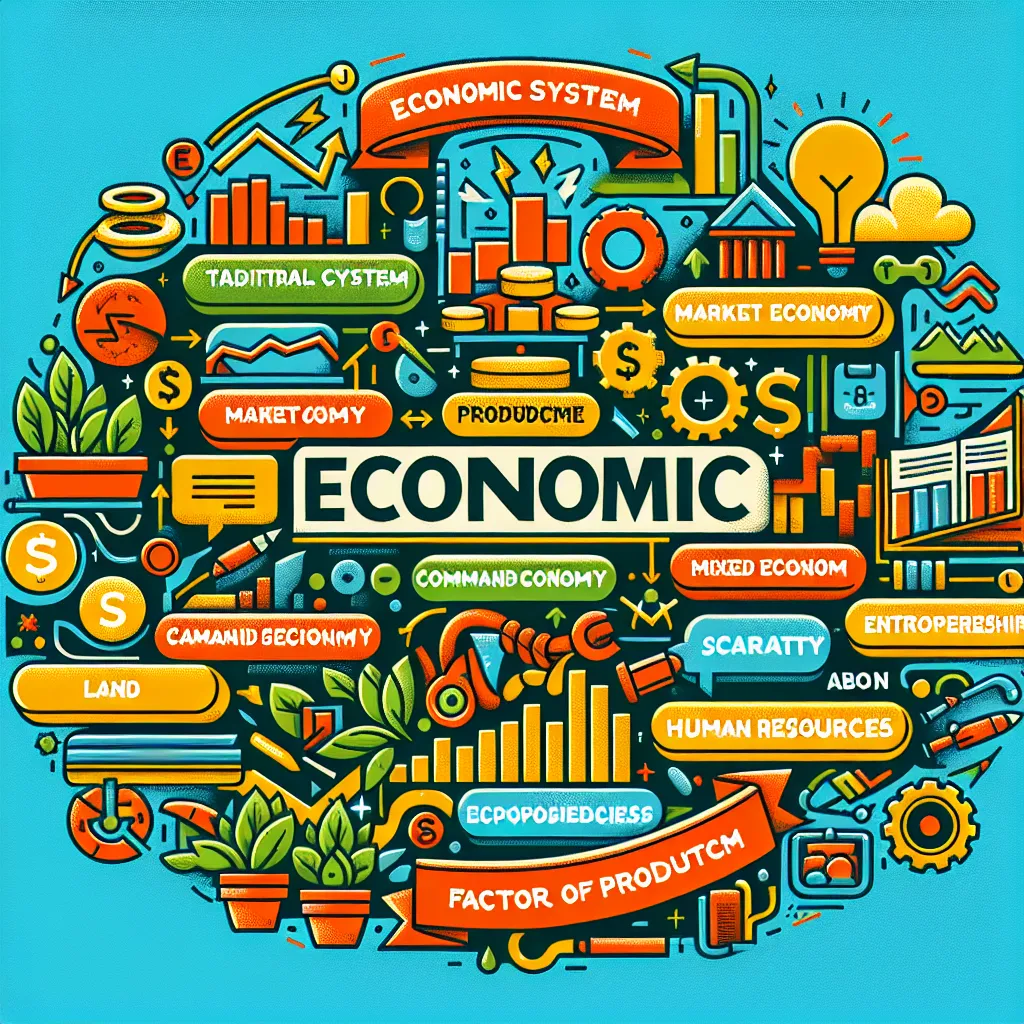
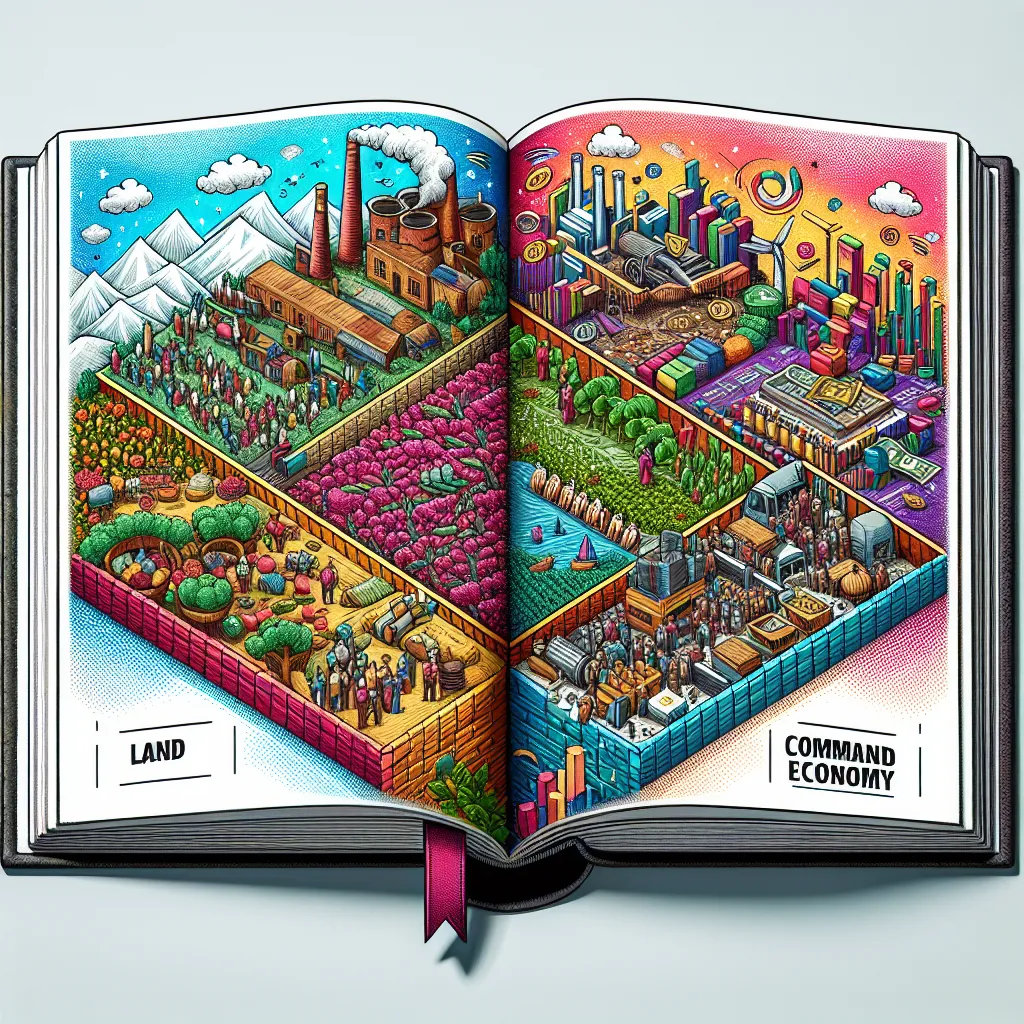
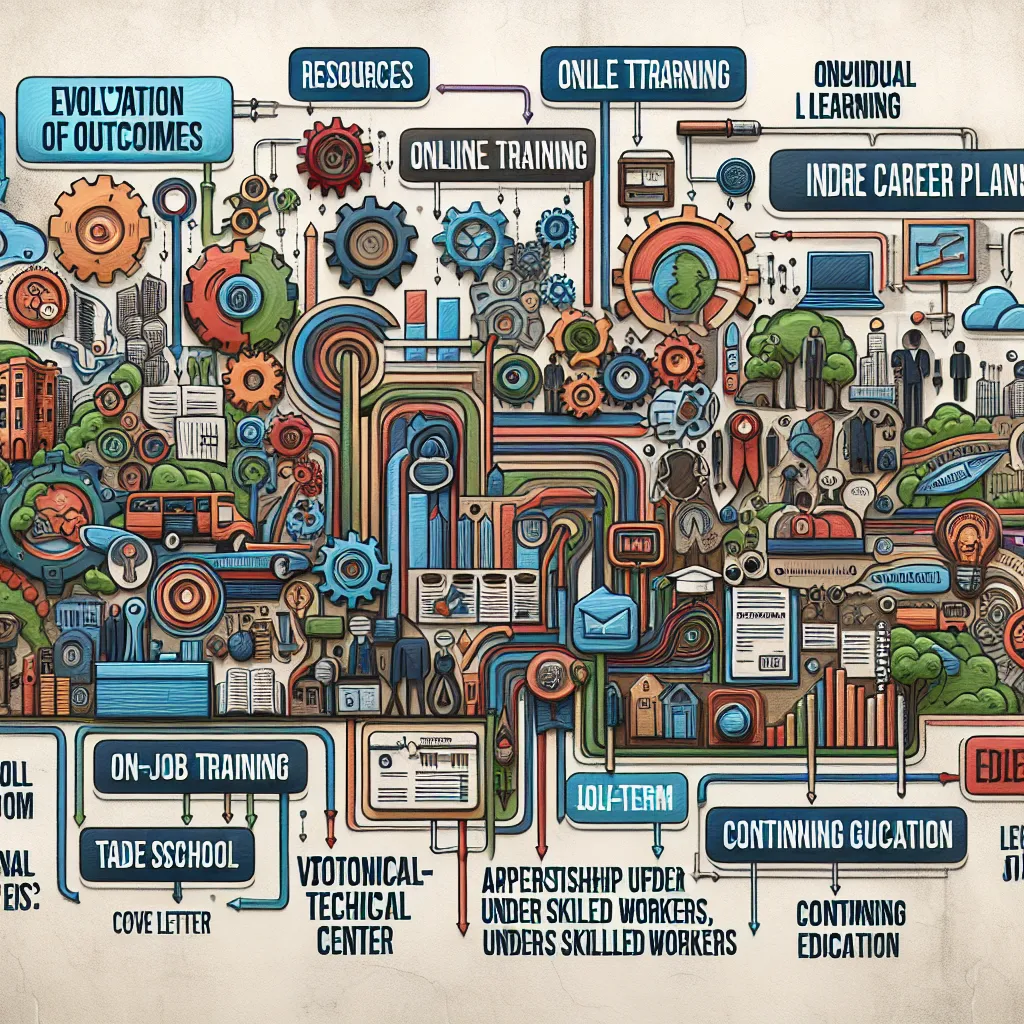

Post your own comment: